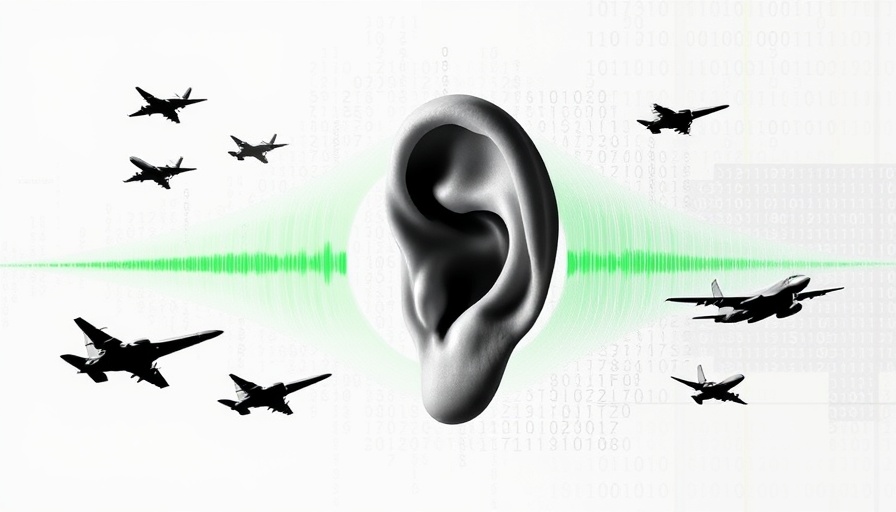
Revolutionizing Warfare: Israel's A.I. Technology in Gaza
In a striking instance of technology melding with modern warfare, Israel has developed and deployed artificial intelligence tools to gain a tactical advantage during its operations in Gaza. A case in point occurred in late 2023 when Israeli defense forces sought to eliminate Ibrahim Biari, a high-ranking Hamas commander. Despite initial challenges in locating him within Gaza's extensive tunnel network, the introduction of A.I. tools turned the tide in Israel's favor. The A.I. system enabled Israeli intelligence to eavesdrop on Biari’s communications, ultimately leading to a targeted airstrike that resulted in his death—alongside over 125 civilian casualties.
The Ethical Dilemma of A.I. in Military Operations
The incident raises significant moral questions about the use of A.I. in conflict zones. While military leaders argue that these technologies enhance operational efficiency and minimize risks to soldiers, critics point out that they could exacerbate civilian casualties. The loss of innocent lives underscores the tension between technological advancement and ethical responsibility in warfare.
Historical Context: A.I. Tools in Warfare
The integration of A.I. into military operations is not unique to the current conflict; rather, it reflects a broader trend that has been evolving over the past decade. A.I. technologies have increasingly been used for surveillance, data analysis, and predictive modeling. This has created a paradigm shift in modern warfare, where a fast-paced, technology-driven dynamic often overshadows human considerations. Yet, with great capabilities come substantial risks.
Public Perception: The Double-Edged Sword of Innovation
Public opinion plays a critical role in shaping the conversations around military advances. While many recognize the potential benefits of A.I. in reducing risks for combat personnel, a growing chorus of voices advocate for greater oversight and regulation. The Israel-Palestine conflict, laden with historical grievances, complicates perceptions, intensifying debates over both humanitarian issues and national security.
Counterarguments: The Need for Enhanced Technology
Proponents insist that in a landscape of evolving threats, Israel's commitment to technological advancement is both necessary and justifiable. They argue that failing to innovate could place national security at risk and diminish the military's effectiveness. The A.I. tools being tested in Gaza could serve as precursors to technologies that one day save lives by providing greater accuracy in targeting and enhancing decision-making processes set by human operators.
Future Predictions: What Lies Ahead for Military A.I.?
Looking ahead, the future of A.I. technology in military contexts seems poised for further expansion. Analysts predict that the militarization of A.I. will become more pronounced, prompting debates over both governance and scope. As nations invest in advanced technologies, regulations will need to evolve alongside, ensuring that ethical concerns do not become an afterthought in the rush to modernize military capabilities.
Conclusion: Balancing Innovation with Ethical Imperatives
The intersection of artificial intelligence and armed conflict forces us to grapple with challenging moral questions. While advancements in technology can potentially redefine operational strategies and enhance security, the implications of their use, especially regarding civilian safety, demand scrutiny. As we navigate this intricate landscape, it is imperative to foster a balanced discussion encompassing both the potential and the perils of deploying such powerful technology in conflict scenarios.
 Add Row
Add Row 
 Add
Add 


Write A Comment